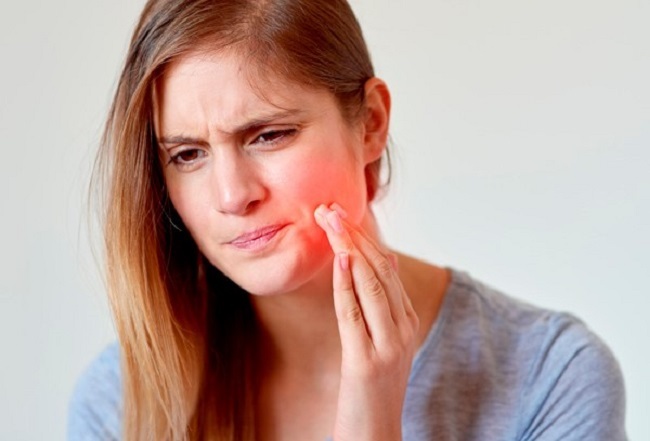Generally, dental emergencies refer to all acute issues that threaten the health of your teeth and mouth, causing excessive pain, infection, bleeding or swelling. As a trusted emergency dentist in in Vaughan explains, most severe types of dental emergencies will occur after extensive injuries like avulsed teeth (knocked-out teeth) or dental fractures; other life-threatening conditions like abscessed teeth may result from delays in treating mild dental decays or cavities. In some cases, your situation is considered non-urgent, which means you have time to wait for your routine dental visits. In contrast, some others should be immediately treated with the help of the nearest urgent care providers. Please continue reading this beneficial essay to learn how to distinguish urgent and non-urgent dental issues and why you should avoid them.
Table of Contents
Urgent & Non-urgent Dental Problems
In general speaking, those dental problems that are accompanied by a lot of pain and uncontrolled bleeding, like knocked-out teeth, should be instantly seen by dedicated emergency dentists; otherwise, the risk of losing permanent teeth is highly increased. In addition, severe conditions caused by dental infection are another problem that should be checked because infection doesn’t stay in a specific site; it can move to the surrounding structures or even into your whole body and negatively impact your overall health. Therefore, you cannot wait for your regular visits if you have obvious dental infection symptoms. In contrast, your mild toothaches caused by leftover foods get stuck between your teeth, or minor dental chips or fractures don’t require urgent attention.
The Main Reasons to Prevent Urgent Dental Conditions
Our permanent teeth are one of the most important body members because we always need them to enjoy life. People are highly recommended to do some easy tips to avoid dental emergencies because the risk of losing natural teeth is very high among those who have experienced urgent conditions.
Receiving dental services provided in dental emergency centers will be more expensive than undergoing regular check-ups. Thus, if you attempt to see your dedicated general dentists at the expected time, you are less susceptible to experiencing urgent conditions that require costly and lengthy procedures.
Those who seek urgent dental care are often in unbearable pain. Therefore, it can be the most important reason to convince you to do your best to avoid dental emergencies.
Beneficial Ways to Avoid Urgent Conditions
Many people who neglect to keep their teeth healthy by brushing them twice a day are unaware of their significant role in preventing severe dental problems. Once you ensure no stains or food debris have remained in your mouth, you will play your essential role in having healthy and clean teeth for a lifetime; however, some other factors should be considered. For example, without regular flossing, you can’t confidently say your teeth are professionally cleaned. Since toothbrushes cannot properly reach the gum lines, flossing should be done to ensure all inaccessible sites are thoroughly cleaned and free from stains and plaque. Of course, it should be mentioned some severe types of stains that caused by smoking tobacco or taking medications are more persistent in removal with brushing and flossing. They require professional dental cleaning that is regularly provided for people in their routine dental appointments.









